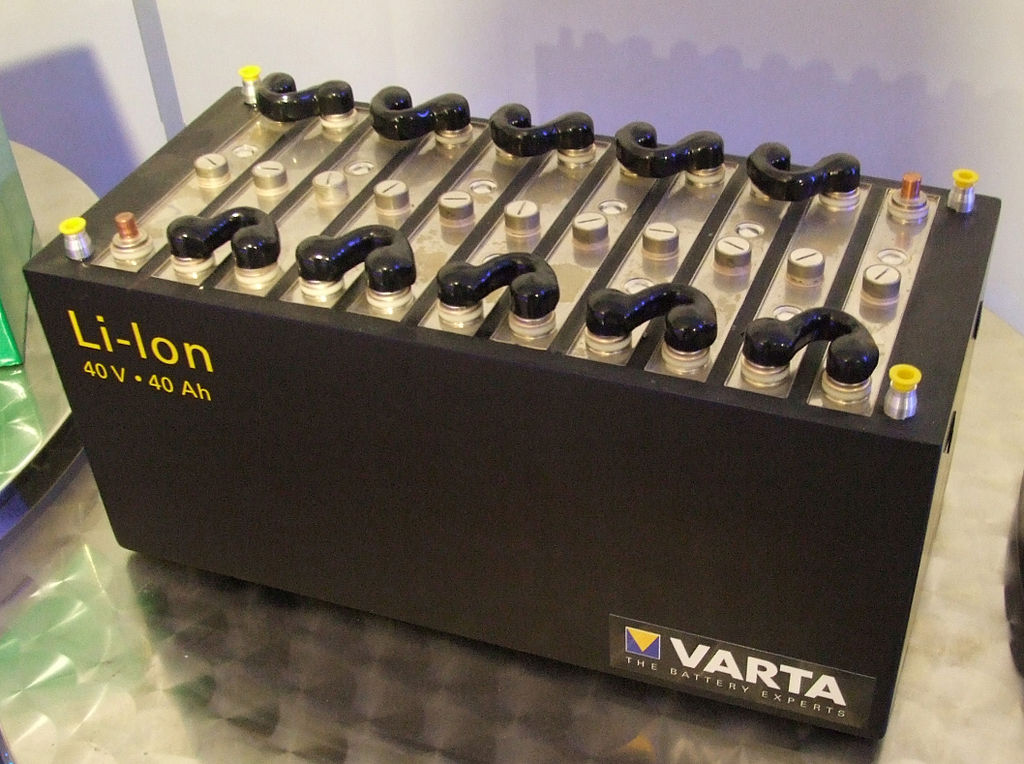Sinovoltaics, a Hong Kong-based technical compliance and quality assurance service firm, has released its Q3 PV Energy Storage Manufacturer Ranking Report. Global in scope, it provides financial stability scores over the past three years for 55 suppliers. The report is available to download for free.
Some changes to the top ten segment since the previous edition included South Korea’s LG Energy moved out of the top ten segment to seventeenth place, while compatriot Hyundai Electric entered the top ten, moving up from twelfth to fifth place.
The report includes a chart that groups manufacturers into those with scores that put them in the safe zone, those with lower scores in the grey zone, and those with scores that indicate distress. In the safe zone this quarter were 20 companies, compared to 25 in the last quarter report. There was no change in the overall number of battery industry companies that were tracked in the report.
The top ten is led by U.S.-based Tesla, followed by Taiwan-based Kung Long Batteries, China’s Mustang Battery, Eaton, based in Ireland, and Hyundai Electric. The next five spots in the ranking are occupied by Yuasa Battery and Sanyo, both based in Japan, along with US-based Solid Power and Livent, followed by Sinexcel, based in China.
The analysis of the publicly traded battery producers uses a balance sheet-based model and publicly available financial information to track financial strength over the past three years, from September 2021 to June 2024 to provide insight into the changes in the scores over time.
The so-called Altmann Z-scores are based on a quantitative formula that uses publicly available information about corporate income and balance sheet values to measure the financial health of a company. It assesses a company’s financial strength through a credit-strength test based on profitability, leverage, liquidity, solvency, and activity ratios, according to Sinovoltaics. A score that is 1.1 or lower indicates a higher probability of bankruptcy within the next two years, while a higher score of 2.6 or greater.
This content is protected by copyright and may not be reused. If you want to cooperate with us and would like to reuse some of our content, please contact: editors@pv-magazine.com.



By submitting this form you agree to pv magazine using your data for the purposes of publishing your comment.
Your personal data will only be disclosed or otherwise transmitted to third parties for the purposes of spam filtering or if this is necessary for technical maintenance of the website. Any other transfer to third parties will not take place unless this is justified on the basis of applicable data protection regulations or if pv magazine is legally obliged to do so.
You may revoke this consent at any time with effect for the future, in which case your personal data will be deleted immediately. Otherwise, your data will be deleted if pv magazine has processed your request or the purpose of data storage is fulfilled.
Further information on data privacy can be found in our Data Protection Policy.